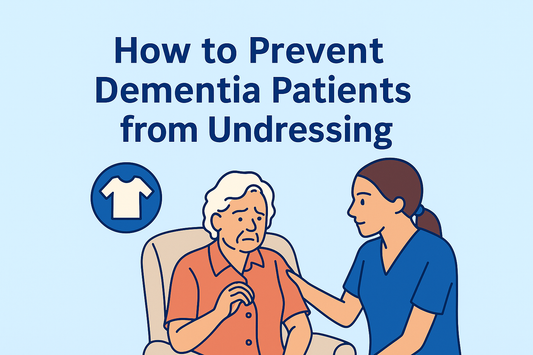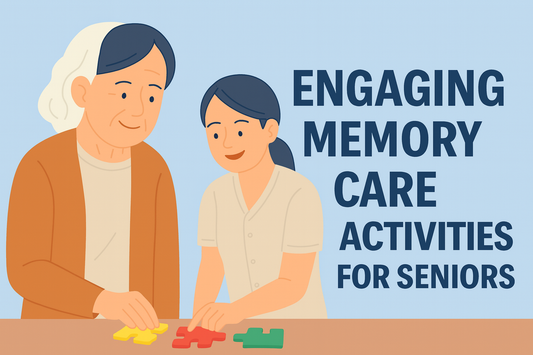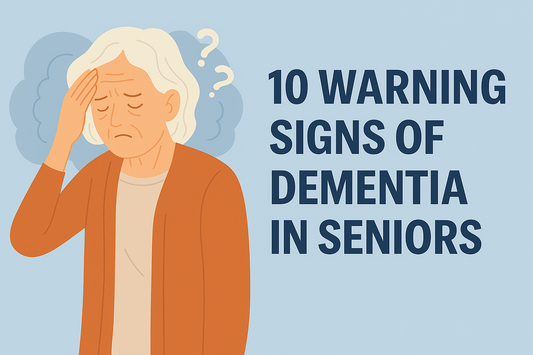Compare Dementia Diagnosis
SYMPTOMS OF DEMENTIA BY DIAGNOSIS & STAGE
Information on the progression of these diseases detailing what changes to expect is extremely limited so we have created a graphic for you that we hope will help! In many cases you may not even have a clear diagnosis making things even trickier so with this chart you can compare the different diseases.
This chart compares memory (green), physical (blue), behavioral (red), and emotional (yellow) symptoms experienced by individuals progressing through a specific diagnosis of dementia.
A full circle represents a fully functioning or stable person. The size of the circle represents the level of function or stability the individual experiences in each stage relative to a fully functioning individual. For example, a tiny circle means low level of functioning or stability, larger circles mean higher level of functioning or stability.
DIAGRAM: SYMPTOMS OF DEMENTIA BY DIAGNOSIS & STAGE
Created by: Samuel J. Steven, Ana Garcia
Note: Dementia varies from person to person and exact diagnosis of the disease is extremely difficult. We created this chart as a means to compare the diseases, using references from studies and personal experiences from caretakers caring for loved ones diagnoses with these specific diseases.
Copyright Notice: All material on this page is protected by United States copyright law and may not be reproduced, distributed, transmitted, displayed, published, or broadcast without the prior, express written permission of Dementia Aide LLC. You may not alter or remove any copyright or other notice from copies of this content.
For reprint permission and information, please direct your inquiry to info@dementiaaide.com.
Disclaimer
All text, charts, graphics, images, videos, downloads, and tools on this page (“Content”) are for general educational purposes only and are not medical advice. Dementia varies by person and diagnosis is complex; summaries and comparisons are simplified. We do not guarantee accuracy or completeness. Use at your own risk. To the fullest extent permitted by law, Dementia Aide LLC disclaims liability for any loss or damages arising from use of or reliance on the Content.
Copyright: © 2026 Dementia Aide LLC. All rights reserved.





